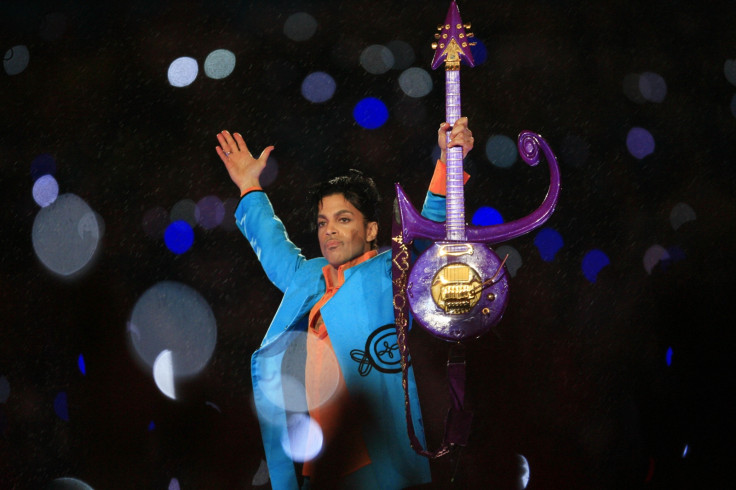Universal signs deal with Prince's estate to release his private archive
The music group has bought the rights to years of unreleased work the pop star kept in a vault his Minneapolis mansion.

The estate of Prince has signed a deal giving Universal Music the rights to thousands of tracks in the recording star's private archive.
Universal said the multi-year agreement gave it exclusive licensing rights to 25 released albums and Prince's "highly anticipated trove of unreleased works".
The terms of the deal has not been disclosed, but the value of the unreleased catalogue was put at $35m (£29m), according to October reports by US music title Billboard magazine.
Universal said the unreleased work included out-takes, demos and live recordings.
The studio added: "With this agreement, Universal Music Group becomes the home for Prince's music publishing, merchandise and much of Prince's recorded music."
Universal chairman Sir Lucian Grainge said: "Prince was one of the greatest musical talents of all time – an incomparable genius as a performer, recording artist and songwriter. Universal is committed to honouring Prince's legacy and vision by creating the highest quality products and experiences."
From next year the new deal also gives Universal US rights to certain Prince albums released between 1979 and 1995.
Prince, who died last April aged 57, was renowned for the many songs he recorded and then kept in the basement at his Paisley Park home in Minneapolis.
Over his career Prince sold more than 100 million albums worldwide, which included such hits as Let's go Crazy, Sign o' the Times and Kiss.
Meanwhile, songs like Purple Rain, Kiss and Little Red Corvette, will become available to stream this weekend, according to the BBC.
Spotify, the world's biggest streaming platform, said that all of Prince's albums from 1978 to 1996 would be part of the deal. Napster also confirmed the news, but Apple Music has yet to comment.
Prince was the ninth-most successful recording artist of 2016, despite his most famous recordings being withheld from those services.
The 1980s star had a love-hate relationship with online music services. In 2001 he set up his own digital subscription service, which he closed after six years. He later pulled his tracks off most streaming services, saying they offered unfair payment terms to musicians.
© Copyright IBTimes 2025. All rights reserved.






















